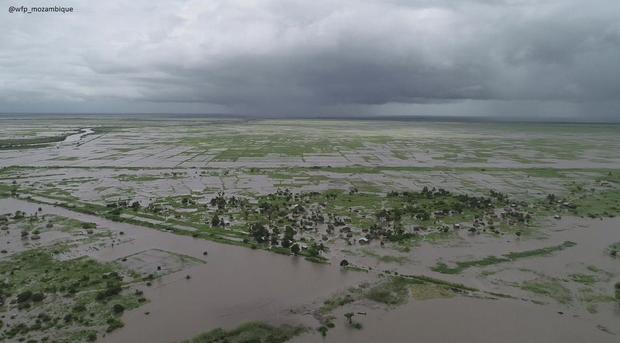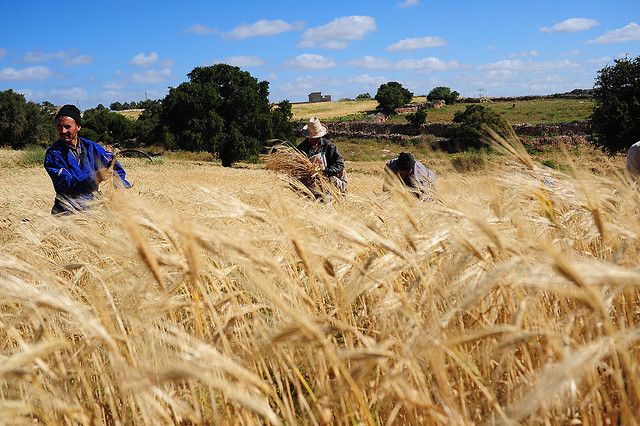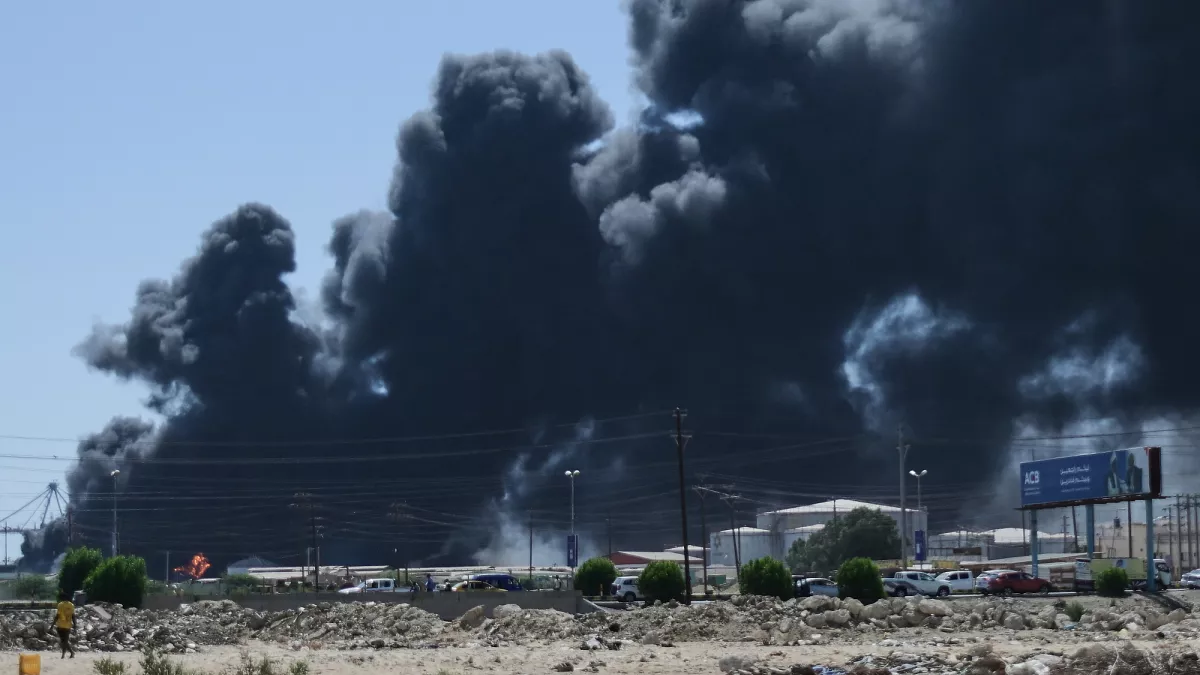Chad’s President Mahamat Idriss Deby has declared a state of emergency over flooding that is affecting more than a million people in 636 localities in the country while swallowing up more than 465,000 hectares of fields.
While not uncommon during Chad’s rainy season, which usually runs from May to October in its southern regions, this year’s floods are exceptionally devastating, as the rains came early and were the heaviest in decades. “Starting now, a state of emergency will be instituted to better contain and manage this natural disaster,” said Deby in a televised address to the nation on Wednesday (19 October). N’Djamena, the capital, has not been spared either, with hundreds of people having fled their homes due to flooding in the last few days. The government has put in place a response plan to provide shelter, food and sanitation, Deby said.
The exceptional floods in the landlocked nation of Chad, one of the poorest and most arid states in the world, has affected more than 340,000 people in Chad since the end of June, according to a provisional UN report. Some people have found shelter with their families and the local authorities had distributed bags and sand to inhabitants to provide makeshift flood-walls, and the government and NGOs had also pitched in. The rainy season in the Sahel typically runs from June to September and routinely claims lives but this year, the devastation, and the rainfall, have been exceptional, say experts. “All our studies say that these rains can be linked with climate change,” Katiellou Gaptia Lawan, head of the national meteorological agency in neighboring Niger, the poorest country in the world by the UN’s development benchmark, has also been coping with devastating foods of similar proportions.



